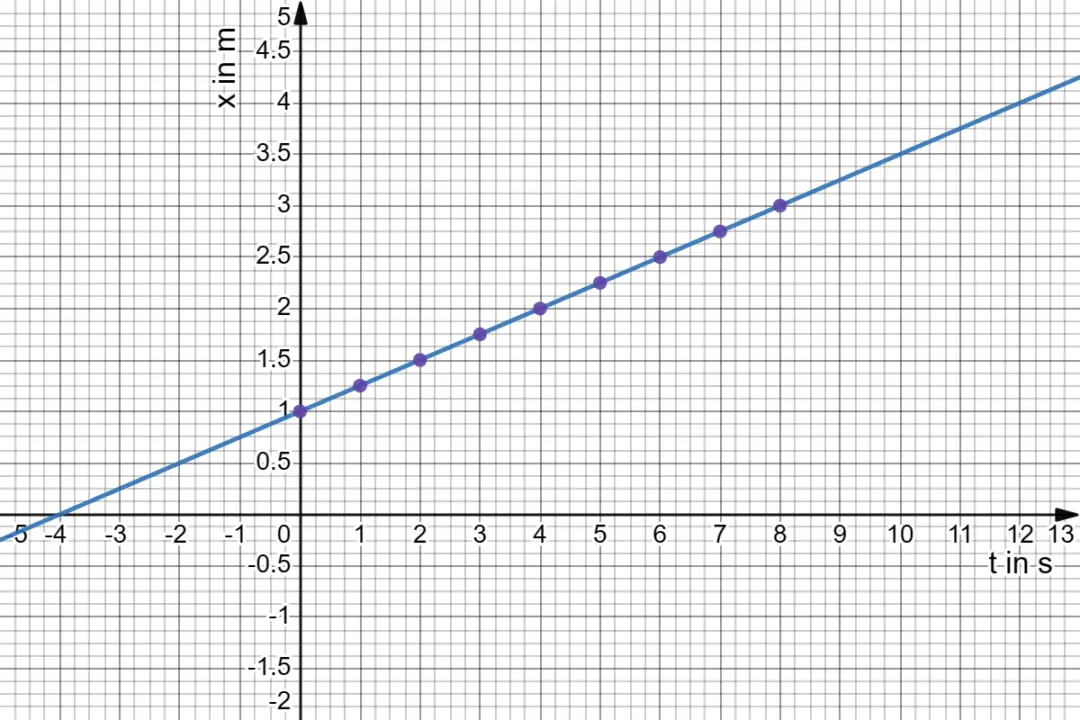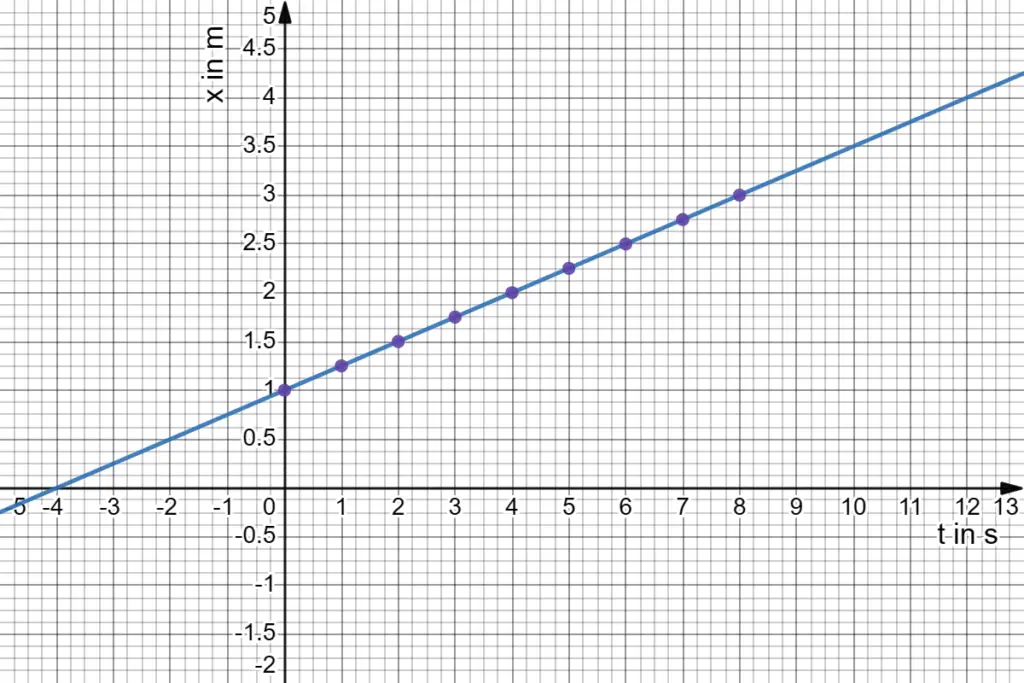Welcome to this blog post that teaches physics students about the concept of uniformity in time. In physics, time plays a crucial role as it is a fundamental measurement for tracking events and changes. In this post, we will explore the idea that time is constant and uniform throughout the universe.
We will also look at how this concept applies to various physical phenomena, such as the motion of objects, and how it affects our understanding of the laws of physics. By the end of this post, you will have a clear understanding of the concept of uniformity in time and its significance in the field of physics.
If you want to learn more about the concept of isotropy and uniformity of free space in physics, be sure to check out my other blog post on the topic where we explore the idea that space is the same in all directions and how this affects our understanding of the laws of physics. You can find it here: Isotropy and Uniformity in Space.
Uniformity of Time in Physics
We know that time is the measurement of duration and is used to track events and changes. Now in physics time is constant and uniform throughout the universe.
This means that any event occurring under the same conditions at different moments in time will proceed in exactly the same way. For example, both you and your friend have a stopwatch. Both of you are measuring the time taken by a ball dropped from a height of 6 meters to the ground. Even though you are in different positions observing the ball you will measure at the same time.
In fact, it would have taken the same amount of time to fall from the same height in the same place a month ago or a year ago and it will take the same amount of time to fall even a thousand years from now. This is because the laws governing the motion of falling objects do not change over time.
Relationship between Uniformity in Time and Conservation of Energy in Physics
The concept of uniformity in time is closely related to the law of conservation of energy in physics. Conservation of energy states that the total energy in a closed system remains constant over time, meaning that energy cannot be created or destroyed but can only be transformed from one form to another.
The principle of uniformity in time plays a crucial role in the conservation of energy. This is because it implies that the laws of physics governing energy transfer are constant and unchanging over time. This means that the amount of energy present in a system at a given moment in time is the same as it would have been at any other time, as long as the same conditions were present.
Thus, the conservation of energy is dependent on the uniformity of time because if time were not uniform, the laws governing energy transfer could change over time. If this happens then energy conservation will not hold. Therefore, the principle of uniformity in time is fundamental to our understanding of the laws of physics, including the conservation of energy.





